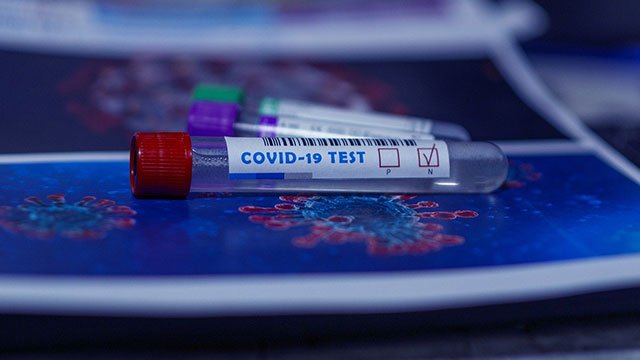Research
Cell-free systems could help address gaps in COVID-19 testing
April 21, 2020

Northwestern University synthetic biologists have received funding to develop an easy-to-use, quick-screen technology that can test for infectious diseases, including COVID-19, in the human body or within the environment.
Similar to a pregnancy test, the tool uses one sample to provide an easy-to-read negative or positive result. By simplifying testing, the researchers could put diagnostics into the hands of people everywhere — without the need for expensive laboratories or expertise. This could provide the large-scale testing required for ending stay-at-home orders, reopening the economy or preparing for a predicted virus resurgence in the fall.
The team is working to develop and optimize the test so that it will be a single step, taking less than an hour to provide a result and less than a dollar to manufacture.
On Friday, the project received a rapid response research (RAPID) grant from the National Science Foundation (NSF), which has called for immediate proposals that have potential to address the spread of novel coronavirus (COVID-19). The grant provides $200,000 over one year.
“The current COVID-19 pandemic highlights the limitations of laboratory-based testing,” said Northwestern’s Julius Lucks, the principal investigator on the project. “Those tests have not scaled with the sudden and dramatic increase of needed volume. They require too much equipment, time, expertise and infrastructure, which have resulted in major logistical challenges and, ultimately, inadequate testing. It’s become clear that we need to dramatically increase the scale of testing to safely restart the economy, to provide critical information if the virus resurges and to provide monitoring to prevent this in the future.”
Lucks devised the project with fellow Northwestern Center for Synthetic Biology (CSB) members Michael Jewett, Joshua Leonard and Niall Mangan. Jewett and Leonard are professors of chemical and biological engineering in Northwestern’s McCormick School of Engineering; Mangan is an assistant professor of engineering sciences and applied mathematics in McCormick. They have partnered with Khalid Alam, a former postdoctoral fellow in Lucks’ laboratory and CEO of Stemloop, Inc., which spun out of the CSB to commercialize rapid, field-deployable synthetic biology diagnostics technologies.
“Over the past few years, we have pioneered the use of cell-free systems as easy-to-use, point-of-need diagnostics,” said Jewett, director of the CSB. “These field-deployable systems can sense a variety of contaminants relevant to public health, including lead, fluoride and atrazine. We are trying to use that know-how to help address gaps in COVID-19 testing.”
The test works by combining gene-editing tool CRISPR, custom genetic circuits and cell-free synthetic biology in order to detect the virus and signal its presence. The team envisions that the final product could test patients’ samples from a nasal swab or saliva sample as well as water and surfaces in the surrounding environment.